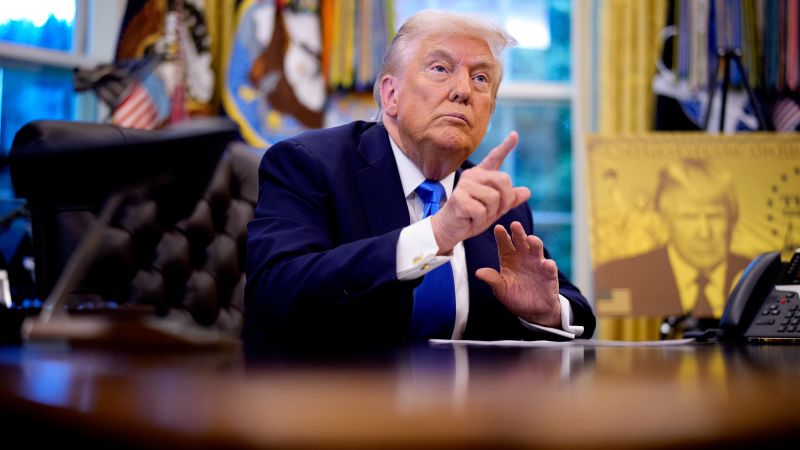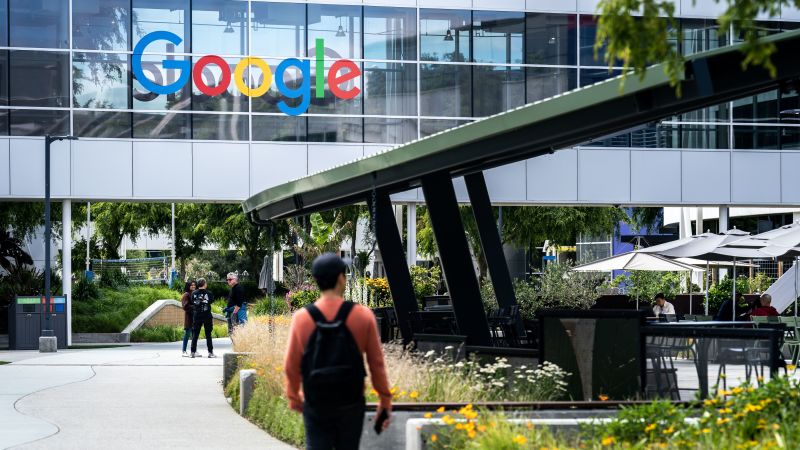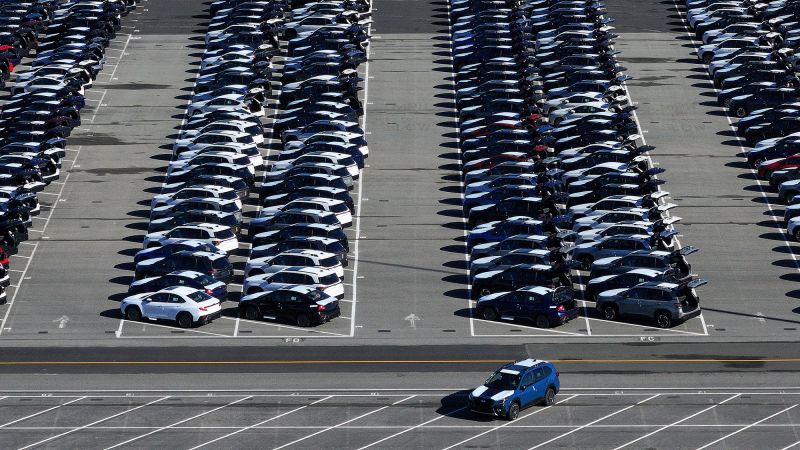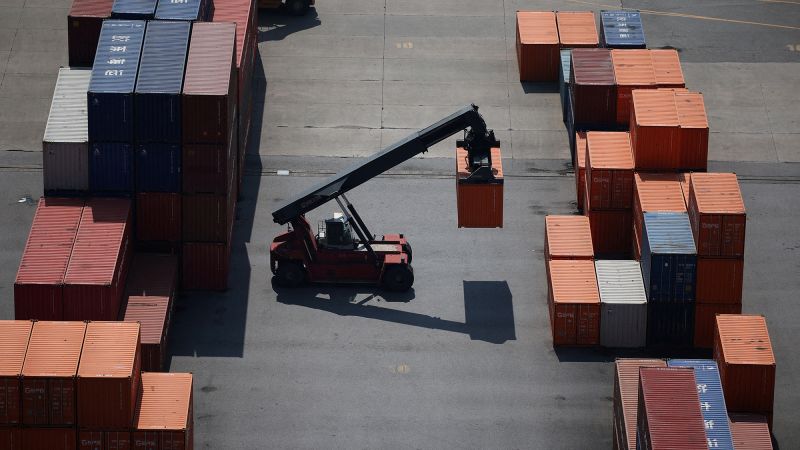
New $100,000 Fee for H-1B Visas Sparks Debate in American Labor Market
Politics | 9/20/2025
American labor faces a new challenge as President Donald Trump introduces a $100,000 fee for H-1B visas, a move stirring debate over its potential impact on US companies and the workforce. The imposition of this substantial fee marks a significant development in the ongoing immigration policy landscape.
This policy shift could have far-reaching implications for American businesses that heavily rely on skilled foreign workers through the H-1B visa program. While proponents argue that this fee aims to prioritize American workers and curb outsourcing, critics warn of its adverse effects on innovation, competitiveness, and the overall economy.
In response to this measure, a White House official stated, “The $100,000 fee for H-1B visas is a necessary step to protect American jobs and ensure that domestic workers are not displaced by cheaper foreign labor.” Conversely, legal experts caution that such a steep financial barrier may deter highly skilled professionals from seeking opportunities in the US, potentially hindering technological advancement and talent acquisition.
The debate surrounding the H-1B visa fee underscores the broader complexities of immigration policy and its intersection with economic interests and labor dynamics. As stakeholders on both sides present their arguments, the ultimate repercussions of this policy change remain uncertain, with implications that could reverberate throughout the American labor market in the coming months and years.


